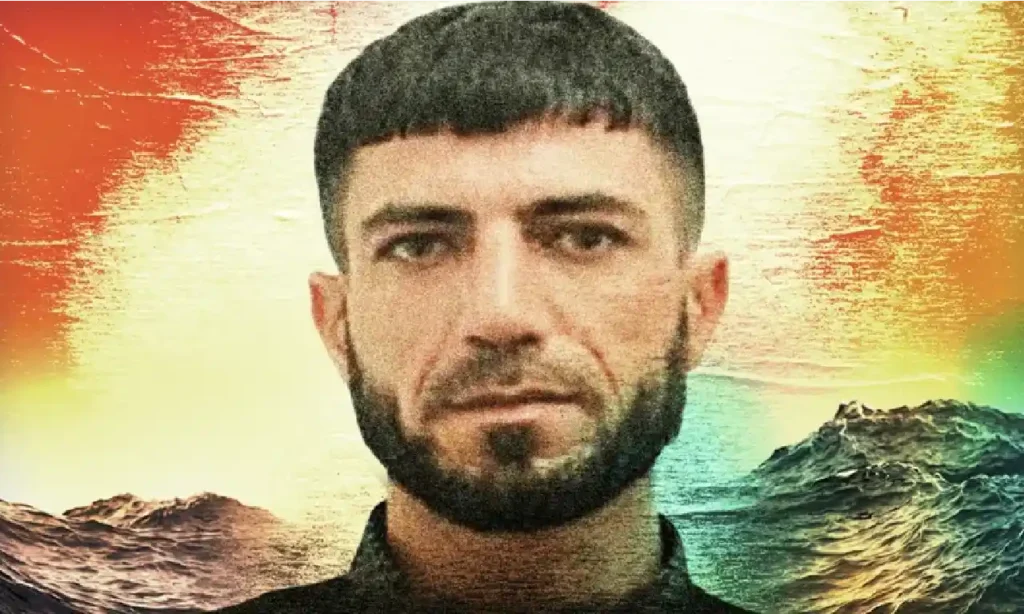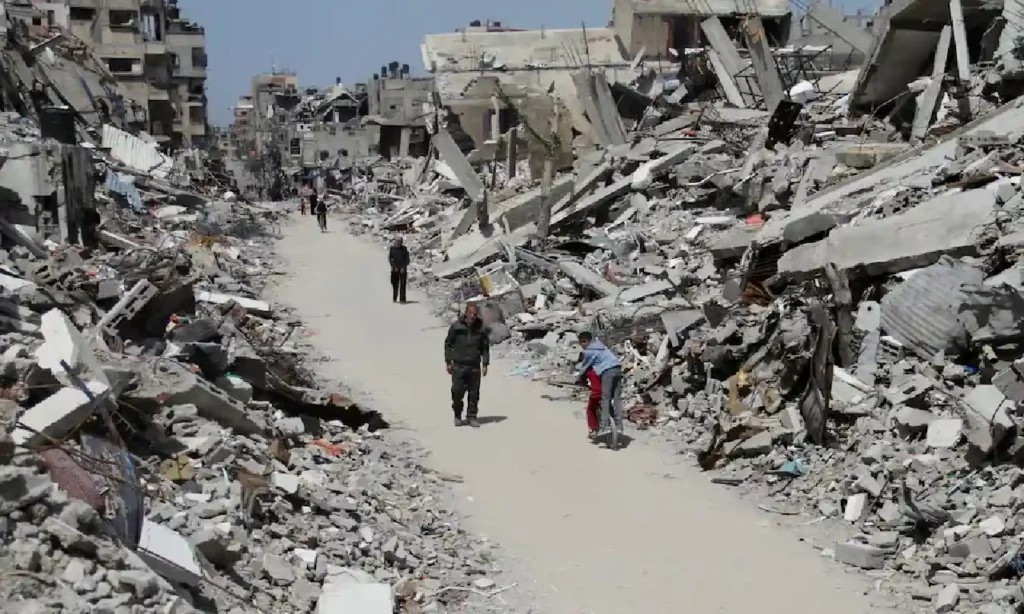Introduction
The shadowy world of migrant smuggling is fraught with danger and intrigue, with figures like Barzan Majeed, known as Scorpion, occupying a central role in facilitating clandestine journeys across borders. Majeed’s story serves as a window into the complex dynamics of irregular migration, where desperation meets exploitation in the pursuit of a better life.
Origins of a Smuggler
Barzan Majeed’s journey into the underworld of migrant smuggling begins with his own migration from Iraq to England in 2006. Arriving as a 20-year-old seeking refuge, Majeed’s experience as a migrant would later shape his criminal endeavors. Despite facing deportation in 2015, following a series of legal troubles including gun and drug offenses, Majeed resurfaced as a key player in the illicit trade, leveraging his knowledge of migration routes and networks to build a lucrative enterprise.
The Rise of Scorpion
Assuming the alias of “Scorpion,” Majeed’s gang emerged as a dominant force in the people-smuggling trade between Europe and the UK from 2016 to 2021. Their operations spanned land and sea routes, exploiting vulnerabilities in border security to transport migrants at exorbitant fees. With a network of contacts spanning multiple countries, Majeed’s organization operated with ruthless efficiency, evading detection by law enforcement while reaping enormous profits from the desperation of those seeking passage to a new life.
Crackdown and Convictions
Despite the clandestine nature of his operations, Majeed’s criminal empire came under scrutiny by law enforcement agencies. A two-year international operation, involving cooperation between authorities in the UK, France, and Belgium, culminated in the conviction of 26 members of his gang. The crackdown dealt a significant blow to Majeed’s illicit enterprise, resulting in lengthy prison sentences for those involved. However, Majeed himself managed to evade capture, slipping through the grasp of authorities and continuing to orchestrate smuggling operations from the shadows.
The Evasion of Justice
While his associates faced justice, Majeed remained at large, employing a range of tactics to evade capture. His ability to navigate legal loopholes and exploit weaknesses in the international legal framework highlighted the challenges faced by law enforcement in combating transnational crime. Despite being tried in absentia and sentenced to a lengthy prison term in Belgium, Majeed continued to operate with impunity, leveraging his network of contacts and resources to evade capture and continue profiting from illicit activities.
Pursuit Across Borders
The hunt for Majeed transcended national boundaries, leading investigators to key hubs in the migrant-smuggling network. From Calais to Istanbul, efforts to track down the elusive smuggler underscored the global reach of his operations and the complexities of international law enforcement cooperation. Despite concerted efforts by authorities to dismantle his network, Majeed remained one step ahead, using a combination of bribery, intimidation, and deception to evade capture and continue his criminal activities.
A Trail of Tragedy
Amidst the cat-and-mouse game between law enforcement and smugglers, migrants paid the ultimate price. The perilous journeys orchestrated by figures like Majeed often ended in tragedy, with lives lost at sea or in the unforgiving terrain of border crossings. For every successful crossing, countless others ended in disaster, leaving families shattered and communities devastated by loss. The human cost of clandestine migration is immeasurable, with each casualty a stark reminder of the dangers faced by those fleeing conflict, persecution, or poverty in search of a better life.
The Human Cost of Migration
Beyond the headlines and law enforcement efforts lies the human toll of clandestine migration. For those fleeing conflict, persecution, or poverty, the promise of a better life often comes at great risk, leaving them vulnerable to exploitation by smugglers like Majeed. The cycle of exploitation perpetuated by criminal organizations preys on the desperation of migrants, trapping them in a vicious cycle of debt, deception, and danger. Despite the risks, many continue to embark on perilous journeys in search of safety and opportunity, willing to risk everything for a chance at a better future.
Reflections on Justice and Accountability
As authorities continue their pursuit of Majeed, questions of justice and accountability loom large. The complexities of prosecuting transnational criminals highlight the need for enhanced international cooperation and legal frameworks to combat migrant smuggling effectively. While convictions and crackdowns serve as important deterrents, they alone are not enough to dismantle the networks that profit from human suffering. Addressing the root causes of migration and addressing the vulnerabilities exploited by smugglers are essential steps in combating the scourge of irregular migration and protecting the rights and dignity of migrants.
The Road Ahead
The saga of Barzan Majeed serves as a cautionary tale and a call to action. As long as the demand for irregular migration persists, so too will the illicit networks that profit from human suffering. Only through concerted efforts to address the root causes of migration and dismantle criminal enterprises can we hope to stem the tide of exploitation and tragedy. The pursuit of justice for Majeed and his associates is just one step in a larger battle against organized crime and human exploitation. By working together, governments, law enforcement agencies, and civil society can create a world where migration is safe, legal, and dignified for all.
Conclusion
In the shadowy world of migrant smuggling, figures like Barzan Majeed loom large, embodying the challenges and complexities of border control and law enforcement in an interconnected world. As the pursuit of justice continues, the story of Europe’s most wanted migrant-smuggler serves as a sobering reminder of the human cost of clandestine migration and the imperative of international cooperation in combating transnational crime. Only by addressing the root causes of migration and addressing the vulnerabilities exploited by smugglers can we hope to create a world where migration is safe, legal, and dignified for all.




